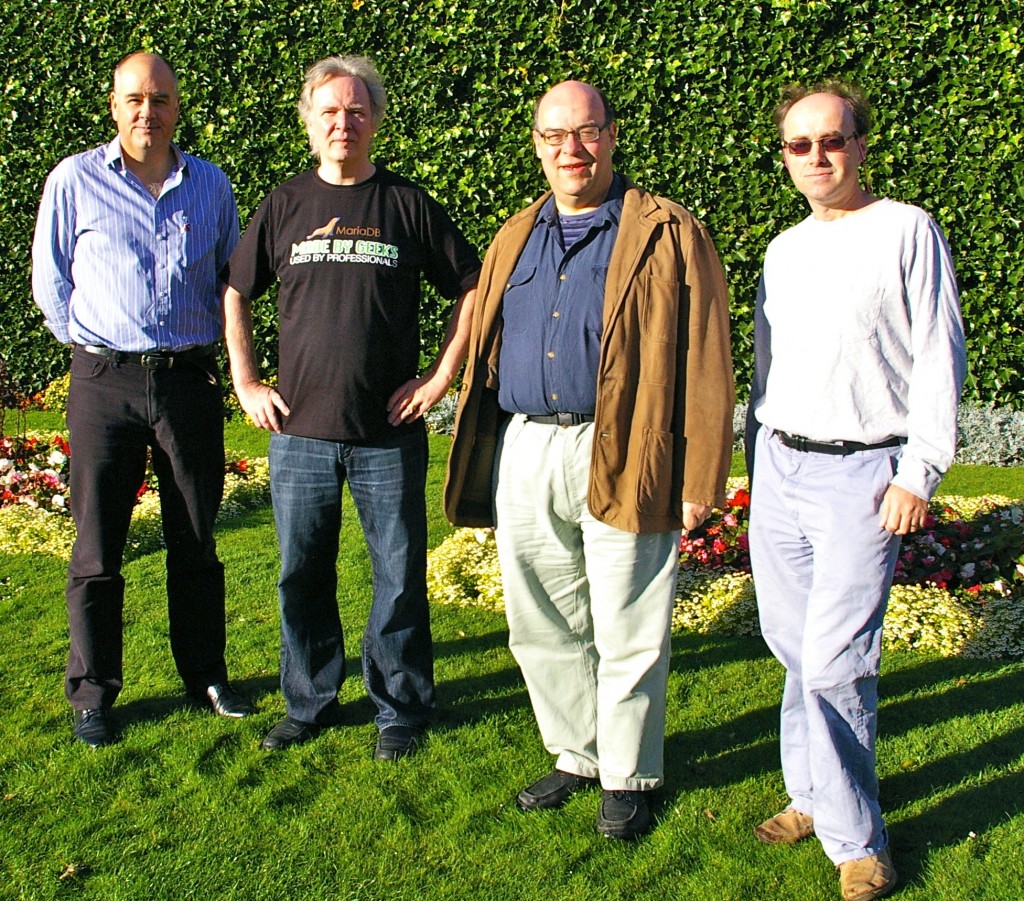In recent years, mobile phones have evolved from simple communication devices to sophisticated personal computers enabling anytime, anywhereaccess to a wealth of information. Understanding the types of information needs that occur while mobile and how these needs are addressed is crucial in order to design and develop novel services that are tailored to mobile users.
To date, studies exploring information needs, in particular mobile needs, have been relatively small in terms of scope, scale and duration. The goal of this work is to investigate information needs on a much larger-scale and to explore, through quantitative analysis, how those needs are addressed.To this end, we conducted one of the most comprehensive studies of information needs to date, spanning a 3-month period and involving over 100 users. The study employed an intelligent experience sampling algorithm, an online diary and SMS technology to gather insights into the types of needs that occur from day to day.
Our results not only complement earlier studies but also shed new light on the differences between mobile and non-mobile information needs as well as the impact of demographics like gender have on the types of needs that arise and on the means chosen to satisfy those needs. Finally, we point to a number of design implications for enriching the future experiences of mobile users based on our findings..
Continue reading


